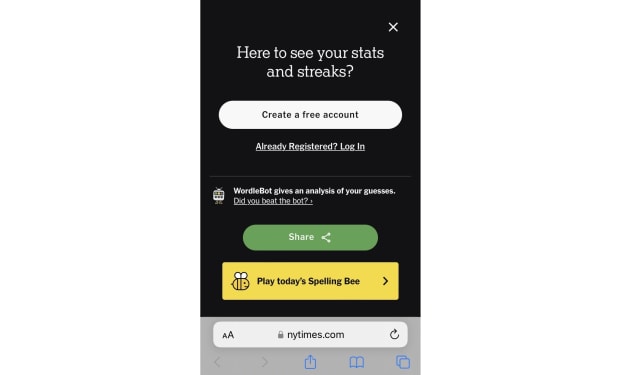Mastering Time Management: Effective Strategies and Tools for Optimal Productivity
Learn how to manage your time more efficiently with proven strategies and tools to increase productivity and achieve your goals.

Time management is an essential skill that helps individuals achieve their goals, maximize productivity, and reduce stress. In today's fast-paced world, time is a precious commodity, and managing it effectively is critical for success. In this article, we will explore various strategies and tools that can help individuals manage their time efficiently.
Part 1: Understanding Time Management
To manage time effectively, it is essential to understand what time management is and its importance. Time management refers to the process of organizing and planning how much time to allocate to different activities. Effective time management helps individuals complete tasks efficiently, achieve their goals, and maintain a good work-life balance.
Part 2: Strategies for Effective Time Management
Set Clear Goals and Priorities: Setting clear goals and priorities helps individuals focus their time and energy on what is most important. This enables individuals to avoid distractions and stay on track.
Plan Ahead: Planning ahead helps individuals prepare for upcoming tasks, assignments, or projects. This involves creating a schedule or a to-do list and allocating specific times for each task.
Eliminate Distractions: Distractions such as phone calls, social media notifications, and emails can hinder productivity. To manage time effectively, individuals should eliminate or minimize distractions and focus solely on the task at hand.
Delegate Tasks: Delegating tasks to others can help individuals manage their workload more efficiently. This involves assigning tasks to others who have the necessary skills and expertise to complete them.
Take Breaks: Taking regular breaks can help individuals stay focused and increase productivity. This involves taking short breaks between tasks or assignments to refresh the mind and recharge the body.
Part 3: Tools for Effective Time Management
Calendar Apps: Calendar apps such as Google Calendar, Microsoft Outlook, and Apple Calendar can help individuals manage their schedules, set reminders, and keep track of important dates.
To-Do List Apps: To-do list apps such as Trello, Todoist, and Asana can help individuals prioritize tasks, assign deadlines, and track progress.
Time-Tracking Apps: Time-tracking apps such as RescueTime, Toggl, and Clockify can help individuals monitor the time spent on various tasks and identify areas where time can be managed more effectively.
Pomodoro Technique: The Pomodoro Technique involves breaking down tasks into 25-minute intervals, followed by a five-minute break. This technique can help individuals manage their time more effectively by increasing focus and reducing procrastination.
Time-Blocking: Time-blocking involves dividing the day into blocks of time and assigning specific tasks to each block. This technique can help individuals stay focused and manage their time more efficiently.
Additional techniques that one could follow are:
Prioritize your tasks: One of the most effective strategies for managing time is to prioritize your tasks. Start by identifying the most important tasks and completing them first. This will help you avoid procrastination and stay focused on your goals.
Use a planner: A planner can be a valuable tool for managing your time. Use it to schedule your tasks, appointments, and deadlines, and make sure to update it regularly. A planner can help you stay organized, avoid last-minute rushes, and reduce stress.
Set goals: Setting goals can help you stay motivated and focused on what's important. Make sure your goals are SMART (specific, measurable, attainable, relevant, and time-bound) and break them down into smaller, more manageable tasks.
Avoid distractions: Distractions can be a significant obstacle to effective time management. Turn off your phone, close your email, and avoid social media during work or study time. This will help you stay focused and increase your productivity.
Learn to say no: Saying no to unnecessary or unimportant tasks can free up time for the things that matter most. Don't overcommit yourself, and learn to prioritize your responsibilities.
Take breaks: Taking regular breaks can help you stay energized, focused, and productive. Take a short walk, stretch, or do some deep breathing exercises to clear your mind and recharge your batteries.
Use technology: There are many technological tools available for managing your time effectively. Use calendar apps, time-tracking software, and task managers to stay on top of your schedule and responsibilities.
Delegate tasks: Delegating tasks to others can help you free up time for the things you need to do. Make sure to delegate tasks effectively, and communicate clearly to avoid misunderstandings.
Conclusion:
Effective time management is essential for success in today's fast-paced world. By understanding the importance of time management and implementing the strategies and tools discussed in this article, individuals can maximize productivity, achieve their goals, and reduce stress. It is never too late to start managing time effectively, and by making small changes to daily routines, individuals can make significant improvements to their time management skills.





Comments
There are no comments for this story
Be the first to respond and start the conversation.